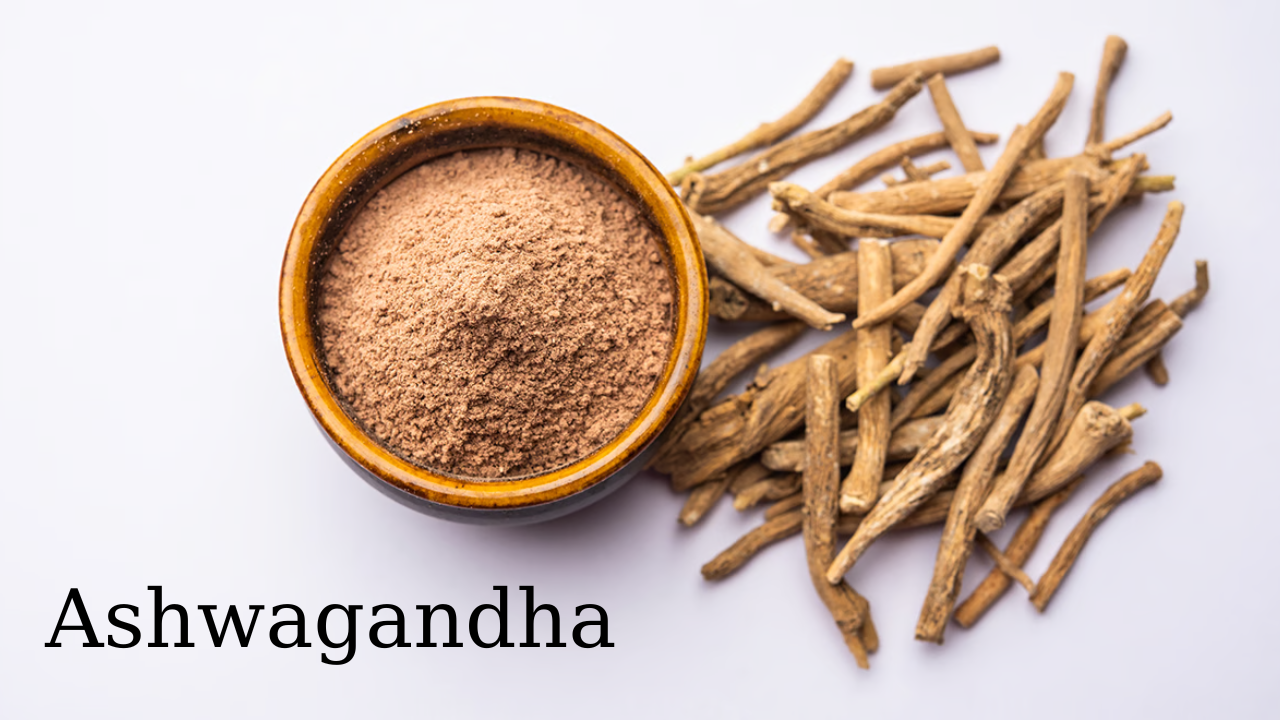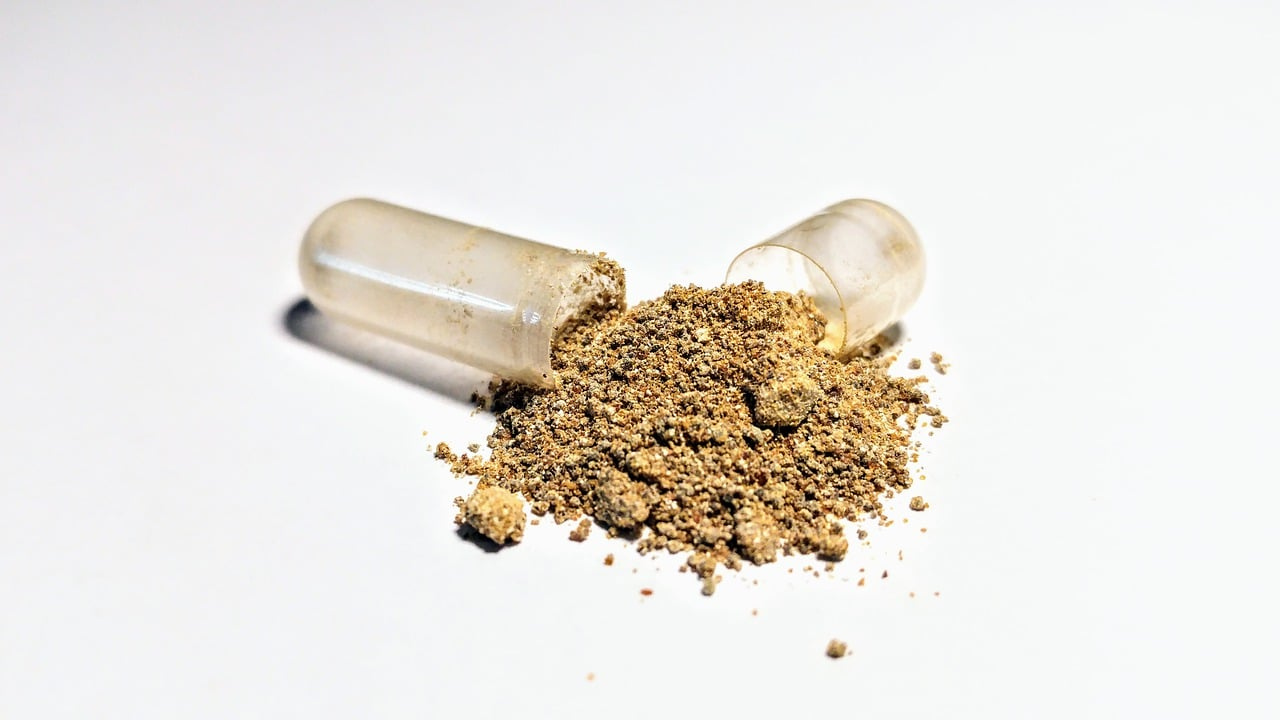
The Origins of Ashwagandha
A. Ayurvedic Roots
Ashwagandha has its roots deeply embedded in the ancient Indian system of medicine known as Ayurveda. Ayurveda, which translates to “knowledge of life,” has been practiced for thousands of years and focuses on achieving holistic well-being through the balance of mind, body, and spirit. With its exceptional properties, it plays a significant role in Ayurvedic healing practices.
B. Traditional Use in India
In India, ashwagandha has been used for centuries to promote vitality, enhance endurance, and improve overall health. It is highly regarded as a rejuvenating herb, known to restore energy, reduce stress, and promote longevity. The herb is commonly employed to strengthen the immune system, support reproductive health, and address various health concerns.
Read Also: Milk Thistle
C. Global Recognition
Understanding Ashwagandha
A. Botanical Profile
B. Active Compounds
C. Forms of Consumption
- Powder form: This fine powder is derived from dried ashwagandha roots and can be easily mixed into beverages, smoothies, or added to foods.
- In Capsules or Tablets form: Capsules or tablets offer a convenient and standardized way to consume ashwagandha. They are available in different strengths and are easy to incorporate into daily routines.
- Tincture form: Tinctures are concentrated liquid extracts. They are typically taken by adding a few drops of water or juice.
Health Benefits of Ashwagandha
1. Stress and Anxiety Relief
This herb has adaptogenic properties, meaning it helps the body adapt to stress. It aids in reducing the levels of cortisol, the primary stress hormone, and promotes a sense of calmness and relaxation. Ashwagandha’s ability to modulate neurotransmitters in the brain contributes to its anxiety-relieving effects.
- Regulation of Cortisol Levels: It helps regulate cortisol levels, reducing the impact of chronic stress on the body.
- Calming Effects on the Nervous System: It acts as a natural relaxant, soothing the nervous system and promoting overall relaxation.
2. Enhanced Cognitive Function
- Improved Memory and Focus: Ashwagandha has been found to enhance memory and improve cognitive performance, benefiting both young and aging individuals.
- Neuroprotective Properties: The herb exhibits neuroprotective effects, protecting brain cells from oxidative stress and promoting their optimal functioning.
3. Boosted Energy and Vitality
It is renowned for its ability to revitalize the body and mind, combating fatigue, and boosting energy levels. It aids in enhancing physical stamina and promoting a sense of vitality.
- Improved Memory and Focus: Ashwagandha has been found to enhance memory and improve cognitive performance, benefiting both young and aging individuals.
- Neuroprotective Properties: The herb exhibits neuroprotective effects, protecting brain cells from oxidative stress and promoting their optimal functioning.
4. Immune System Support
- Strengthening the Body’s Defenses: Ashwagandha promotes the production of immune cells, helping the body fight against pathogens and infections.
- Increased Antioxidant Activity: The herb exhibits potent antioxidant effects, protecting the body’s cells from oxidative damage caused by free radicals.
5. Hormonal Balance
- Regulation of Thyroid Function: Ashwagandha helps normalize thyroid hormone levels, making it beneficial for individuals with thyroid disorders.
- Support for Reproductive Health: The herb has been traditionally used to enhance fertility, balance hormones, and support overall reproductive health.
6. Anti-Inflammatory Effects
- Reduction of Chronic Inflammation: The herb helps reduce markers of inflammation, which can contribute to various chronic diseases.
- Joint pain relief: The anti-inflammatory effects of ashwagandha may help reduce joint pain and improve joint function.
Read Also: Cinnamon
How to Incorporate Ashwagandha into Your Routine
A. Choosing the Right Form
1. Powder: Mix 1-2 teaspoons of powder into warm water, milk, or smoothies. It can also be added to soups, stews, or baked goods.
2. Capsules or Tablets: Follow the recommended dosage instructions on the product packaging. Take the capsules or tablets with water or as directed by a healthcare professional.
3. Ashwagandha Tincture: Add 1-2 droppers of tincture to water or juice and consume.

B. Recommended Dosage
- Ashwagandha Powder: 1-2 teaspoons (approximately 3-6 grams) per day.
- Capsules or Tablets: Follow the recommended dosage provided by the manufacturer or as advised by a healthcare professional.
- Tincture: Follow the dosage instructions on the product or consult a doctor.
C. Potential Side Effects and Precautions
- Allergic Reactions: Some individuals may be sensitive or allergic to this. If any allergic reactions occur, discontinue use and seek medical attention.
- Interactions with Medications: It may interact with certain medications, including sedatives, immunosuppressants, and thyroid medications. If you are taking any medicine, please consult a doctor.
- Pregnancy and Breastfeeding: It is recommended to avoid this herb during pregnancy and breastfeeding unless advised otherwise by a healthcare professional.
Conclusion








